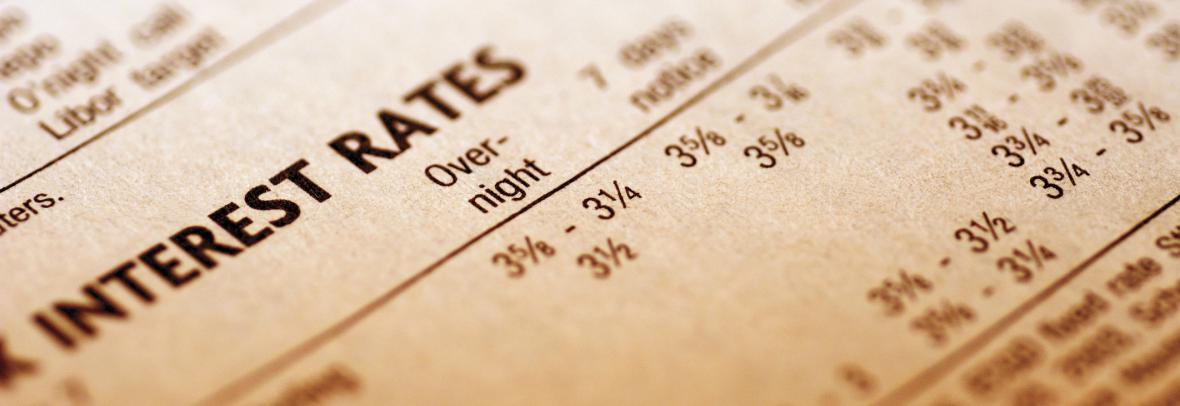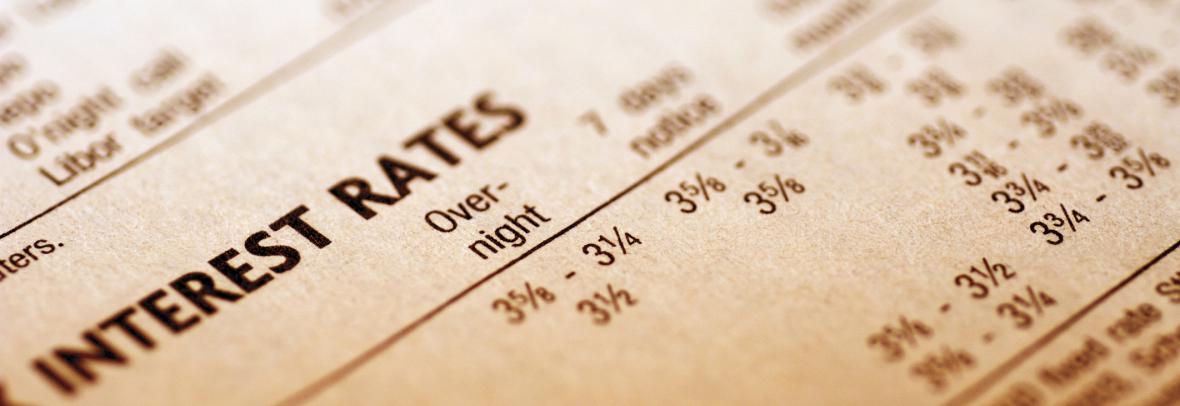
The 30-year, fixed-rate mortgage changed little from last week’s 3.56%. While still historically low, any rise in rates may dampen demand later this year.
SILVER SPRING, Md. (AP) – Average long-term U.S. mortgage rates were essentially flat this week after jumping nearly a half percent the past two weeks as lenders anticipated the Federal Reserve’s announcement of pending rate increases.
The average rate on the 30-year loan ticked down to 3.55% from 3.56% last week, mortgage buyer Freddie Mac reported Thursday. It stood at 2.73% a year ago.
The average rate on 15-year, fixed-rate mortgages, popular among those refinancing their homes, edged up to 2.80% from 2.79% last week. One year ago, the rate was 2.2%.
Though they remain historically low, home loan rates have been rising to levels not seen since early 2020, when the coronavirus pandemic was breaking in the U.S.
On Wednesday, the Fed signaled that it would begin a series of interest rate hikes in March, reversing pandemic-era policies that have fueled hiring and growth but also adding to inflation levels not seen in some 40 years.
Earlier this month, the government reported that inflation spiked to 7% in December from a year earlier, the sharpest increase in four decades. In addition, the Labor Department reported that prices at the wholesale level surged by a record 9.7% last month from December 2020.
The Fed’s upcoming rate hike – or hikes – will make it more expensive to borrow for a home, car or business.
Also Thursday, the government reported that applications for unemployment benefits fell after three straight weeks of increases that economists blamed on the surging omicron variant of COVID-19.
The Commerce Department reported Thursday that the nation’s gross domestic product – its total output of goods and services – expanded 5.7% in 2021, the strongest calendar-year growth since a 7.2% surge in 1984. In the fourth quarter, the economy grew at an unexpectedly brisk 6.9% annual pace.
In addition to surging inflation, experts expect robust economic growth and the tight labor market to continue to push rates higher. Freddie Mac economists expect higher mortgage rates to bring a modest decline in purchasing demand ahead of the spring homebuying season.
Available housing has been sparse since long before the pandemic started, and rising prices are making it even harder for homebuyers to secure a new home.
Copyright 2022 The Associated Press. All rights reserved. This material may not be published, broadcast, rewritten or redistributed without permission.
Go to Source
Author: marlam



